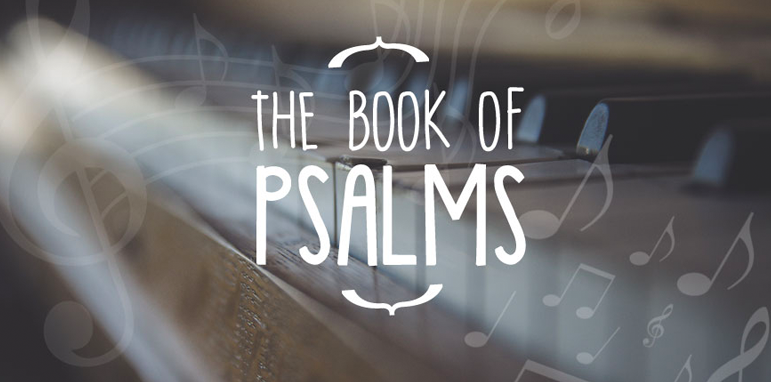The book of Psalms contains some of the most beautiful poetry ever written, but many people find that these verses describe the human condition so well that they make excellent prayers. The book of Psalms is also a wonderful place to start for those desiring to begin reading the Bible. “When we use the Psalms daily as a source of inspiration and prayer, we are using the very prayers that Jesus learned as a child, and which so influenced his own relationship with the one whom he addressed as Abba.”
The Hebrew title of the book translates to "praises." The word "psalm" comes from the Greek psalmos, meaning "songs." This book is also called the Psalter. Originally, these 150 poems were meant to be sung and were used in ancient Jewish worship services, accompanied by lyres, flutes, horns, and cymbals.
Because the Psalms are poems, they use poetic devices such as imagery, metaphors, similes, personification, and hyperbole. In reading the Psalms, believers must take these tools of language into account.
Over the centuries, Bible scholars have debated over categorizing the Psalms. They fall into these general types: hymns, laments, praise, thanksgiving, celebrations of God's law, wisdom, and expressions of confidence in God.
Jesus Christ loved the Psalms. With his dying breath, he quoted Psalm 31:5 from the cross: "Father, into your hands I commit my spirit." (Luke 23:46, NIV)
Who Wrote the Book of Psalms?
The Psalms have multiple authors, including David, Moses, and Solomon. 86 of the 150 psalms are ascribed to David in the Greek Psalter.
Date Written
Approximately B.C. 1440 to B.C. 586.
Fun Facts
-Shortest: Psalm 117 (only 2 verses)
-Longest: Psalm 119 (has 22 sections of 8 verses each; totaling 176 verses)
-Most similar: Psalms 14 and 53 are almost identical; Psalms 40:13-17 and 70:2-6 are also almost identical)
-More duplications: Psalm108:2-6 is identical to 57:8-12; Psalm 108:7-14 is identical to 60:7-14
-In the New Testament, Psalms are the most frequently quoted book of the Old Testament
Themes in Psalms
Psalms covers timeless themes, which explains why it is as relevant to God's people today as when the songs were written thousands of years ago. Trusting in God is certainly the dominant theme, followed by praising God for his love and rejoicing in God. Mercy is another important theme.


